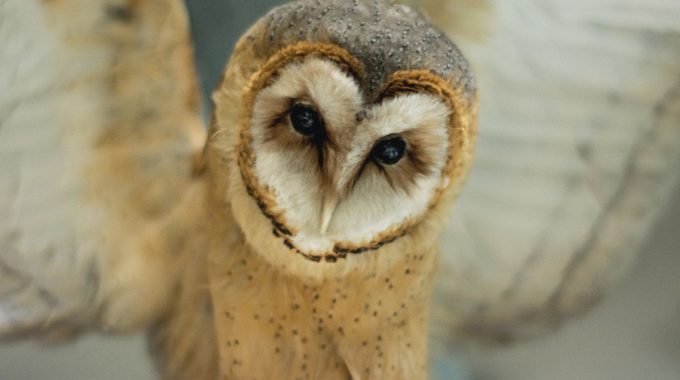How can you tell what is true and not true? I have been pondering the…

How to tap into the inner wisdom of your subconscious mind
Below the surface of the rational mind is a wellspring of inner wisdom.
When you delve under the surface of your rational-thinking mind, you are opened to a deep realm of spiritual wisdom. The thinking mind is only a small part of the whole of who we are. It feels so good to surrender the thinking mind into altered states that allow us to connect with the deeper awareness that exists within us all.
Through trance states induced by hypnotherapy, meditation, dance, and being in nature, you can connect with your spirit, release holding-patterns, and experience deep peace.
It feels so good to let the thinking mind relax.
Becoming consciously aware of your subconscious mind is an art form. It’s about tapping into your deep inner resonance, which allows your thinking mind to let go of overworking and finally come to rest and make room for trust. Then there is no control, no pressure, no expectation; there is just the sweetness of deepening your sense of self and connecting with your essential truth and belonging.
Release and transformation comes from relinquishing control, which allows the deeper subconscious to reveal itself. Connecting with spirit requires surrendering beyond what the cognitive mind alone can allow, into states of altered consciousness that opens you to your innate inner-wisdom.
Taping into the wellspring of your subconscious wisdom is the work of the spiritually dedicated.
To uncover the subconscious habits and patterns below the layers of critical-thought, and ultimately tap into the inner wellspring of your unconscious wisdom, is the work of the spiritually dedicated—for those that seek to know themselves.
Surrendering is ultimately a spontaneously process that comes from your willingness to let go, discover, awaken, blossom and ultimately care for your whole being: body, mind, and soul.
The Conscious, Subconscious, And Unconscious Mind – How Does It All Work?
The conscious mind is the rational thinking mind that governs cognitive association with present moment awareness. It functions within our collective perception of three-dimensional reality, and assimilates external and internal stimulus, such as with our surroundings: the ground we stand on or the fragrance in the air, as well as physical sensations like breathing, tightness in the chest, or hunger.
The subconscious mind is the part of the mind that is not in focal awareness of the present moment, but rather stores data associated with past-programming, conditioned responses and habits. It governs self-identity and is attached to survival mechanisms.
The unconscious mind is a reservoir of the inner senses, feelings, thoughts, urges, and remembrances beyond our conscious awareness.
“The unconscious mind can be seen as the source of dreams and automatic thoughts (those that appear without any apparent cause), the repository of forgotten memories (that may still be accessible to consciousness at some later time), and the locus of implicit knowledge (the things that we have learned so well that we do them without thinking).” ~ From Wikipedia
Beyond the spiritually socialized mind.
I sometimes refer to the unconscious and subconscious interchangeably, as I find that making the differentiation in session can be confusing and overly intellectual. As a Hypnotherapist, I work with the unconscious mind; I do not treat the subdomain of the mind as a dyad between the sub and unconscious minds. However, for some people the use of the word “unconscious” can be misconstrued as meaning unawake.
Rather than view the unconscious mind as part of the self that is aware of realities beyond the rational thinking mind, people associate it with being un-evolved, unaware, unenlightened, and therefore undesirable.
This misconception of the unconscious mind is associated with many new age and eastern philosophies that focus on enlightenment. There is a lot of literature on ascension that give people the impression that true spirituality is exempt of deep feeling, suffering, pain, illness, and the conditioning of the human collective.
People are wanting to awaken and evolve into consciousness, but unfortunately at the cost of developing a compassionate relationship with their negative feelings. In the book Spiritual Bypassing, written by Robert Augustus Masters, Masters explains that detaching ourselves from whatever we deem to be lower or less evolved keeps us separate. He writes, “Trying to get away from such qualities, thereby refusing to develop any sort of in-depth relationship with them, keeps us fragmented, stranded from embodying genuine wholeness.”
The heart has more than enough room for it all.
Masters describes wholeness as going beyond all and excluding none. “The heart has more than enough room for it all,” he writes.
It’s so true, the heart does have more than enough room for it all. How else can we develop a connection with our inner resonance—with what feels right and integral to who we truly are than to embrace all of who we are?
❖
Your has more than enough room to embody all of you:
the light and dark, the logical and irrational, and your deep inner wisdom.
❖
Feature photo by Eddi van W.




Comments (0)